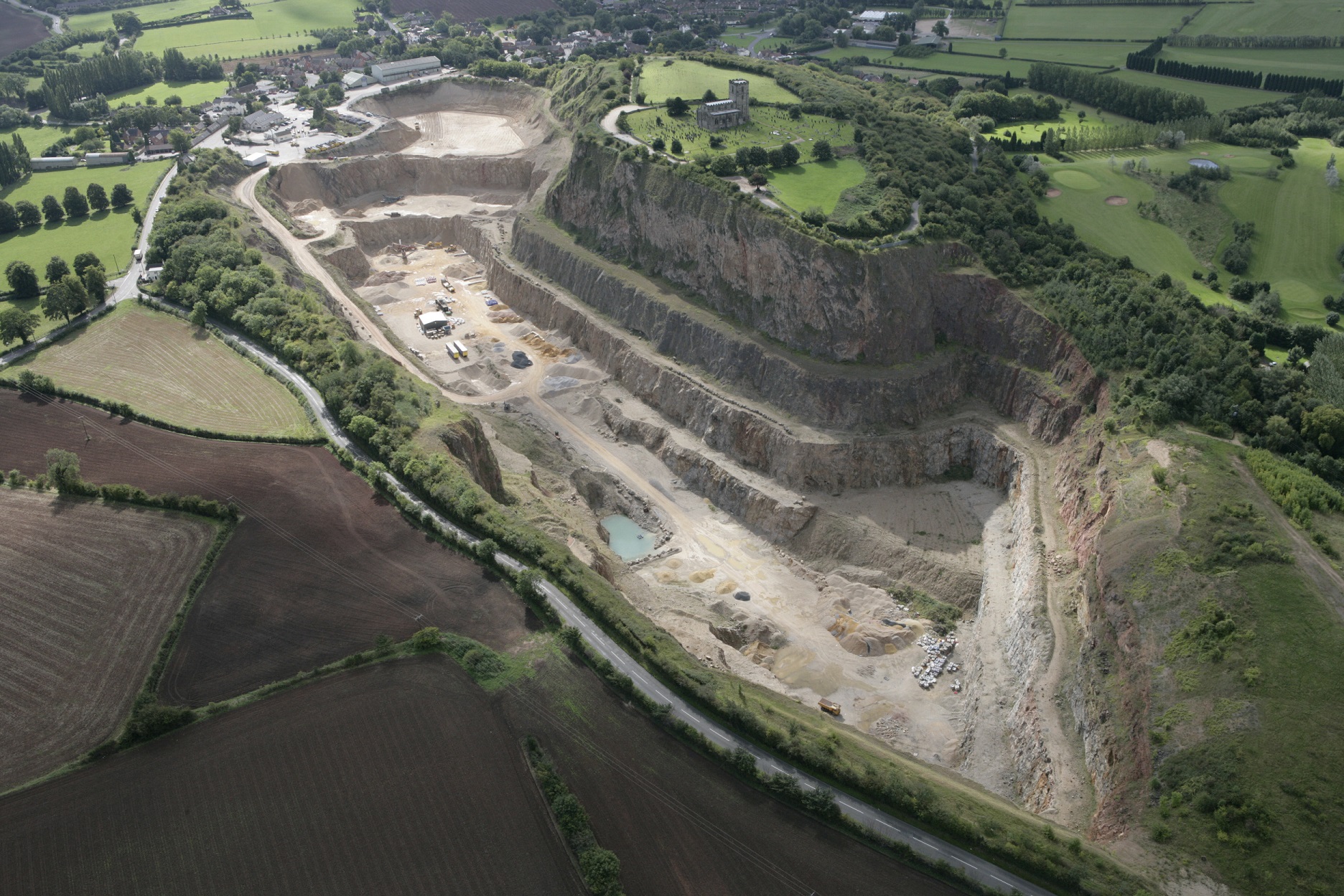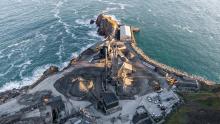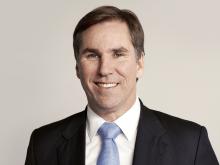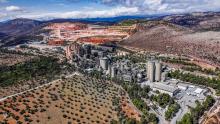
Group revenue was £742.7mn, up 11% year-on-year, with underlying profit at £64.9mn, up 7% on H1 2022.
All Breedon divisions initiated operational excellence reviews during the first half of the year, with the Cement division executing two scheduled kiln maintenance shutdowns on time and within budget. Cement increased its revenue by 18% via sustained strong pricing due to resilient end-market demand.
Breedon's GB revenue increased by 10%, completing two bolt-on transactions and delivering a solid first half through "nimble execution, strong pricing tailwind and careful cost management," according to the Group's trading statement.
The Group's Ireland business grew revenue by 11%, trading well through tendering season, winning work on quality, and completing the acquisition of Robinson Quarry Masters.
Breedon was a key partner in the launch of the Peak District, Derbyshire, England-based Peak Cluster initiative, an innovative carbon capture and storage collaboration aiming to reduce industry emissions significantly. 'Breedon Balance', the Group's range of products with sustainable attributes, continued to gain traction, accounting for 30% of revenue. There was also further improvement in Breedon's rate of Cement alternative fuel substitution to 50% (2022: 48.5%)
Commenting on Breedon's first-half 2023 trading, CEO Rob Wood said: "In the first half, our vertically-integrated and local operating model has again come to the fore, leveraging our long-term customer relationships and deep market knowledge. Our first-class team has operated with great agility to deliver a strong start to 2023, for which I thank them sincerely, and we are well-positioned for the second half of the year.
"The long-term structural dynamics driving infrastructure spending and housebuilding in GB and Ireland have not changed. To ensure we can efficiently and sustainably meet long-term demand for our essential construction materials, we have re-doubled our focus on those factors under our control, keeping our people safe and well while minimising the cost of production and maximising the value of the extensive portfolio of assets we own and acquire.
"By emphasising the operational factors we can influence, we will ensure we remain competitive and continue to deliver outstanding results. By challenging our procedures and practices, we can be sure we will be in the strongest possible position when our end markets return to growth."










